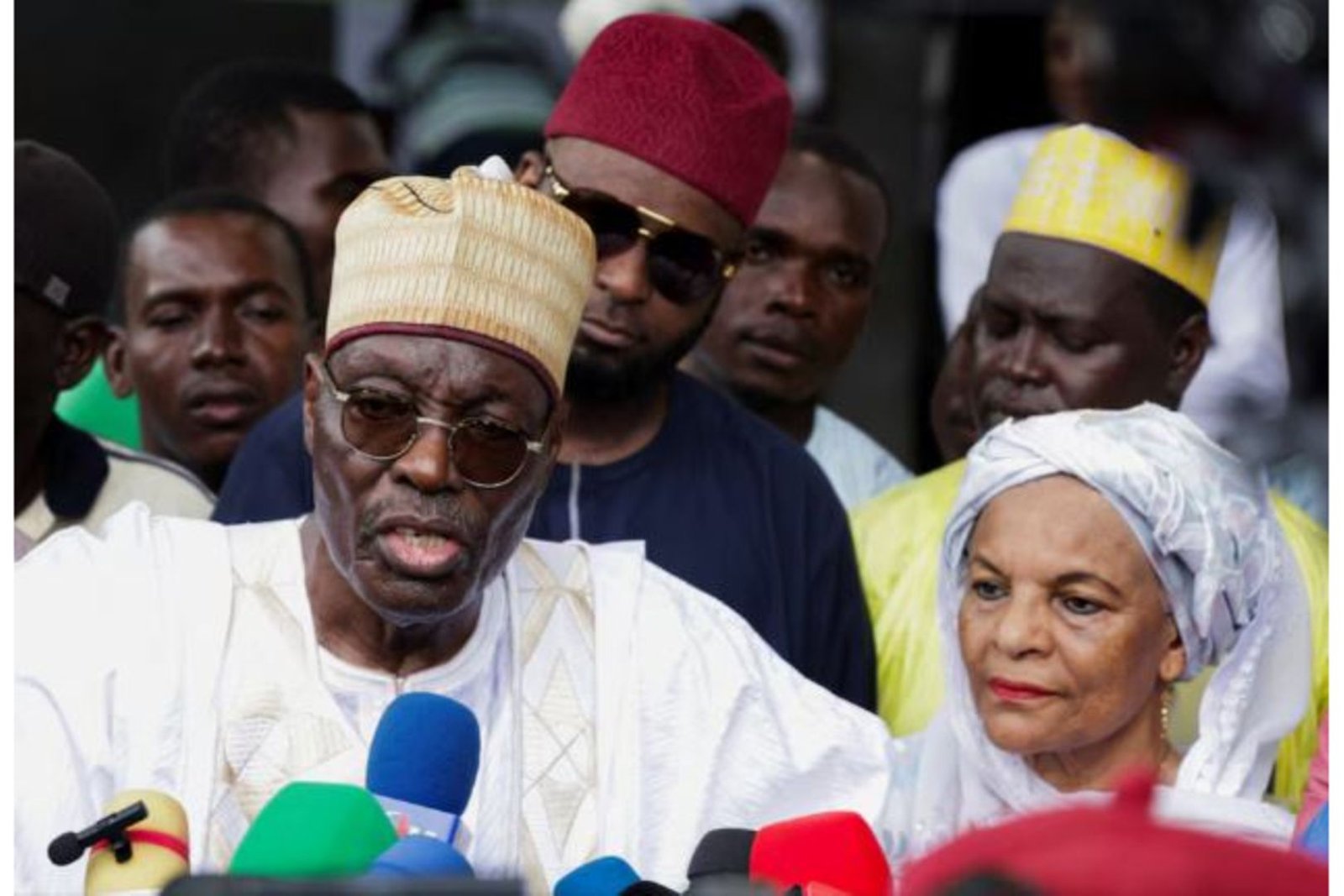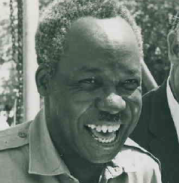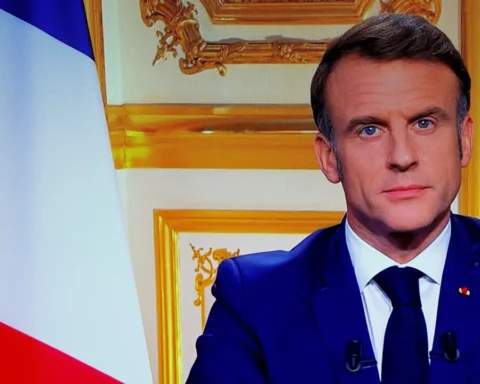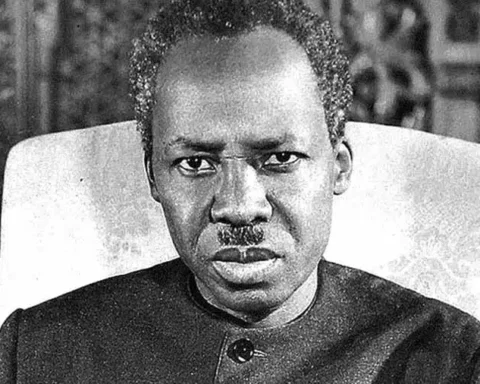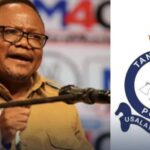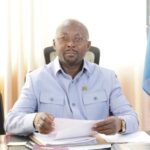Cameroon’s political landscape has entered a tense new phase after opposition leader Issa Tchiroma Bakary declared victory in the country’s October 12 presidential election, calling on longtime ruler Paul Biya to accept defeat and “honour the truth of the ballot box.”
In a late-night broadcast from his hometown of Garoua, Tchiroma, 76, announced that the opposition had won a “clear and undeniable victory.” His message was direct: “The people have chosen, and their choice must be respected.”
Tchiroma’s declaration has electrified the nation and unsettled those accustomed to Biya’s decades-long grip on power. The 92-year-old president — the world’s oldest serving head of state — has ruled Cameroon since 1982 and is seeking an eighth term. Analysts had predicted that his dominance over state institutions and a divided opposition would give him an advantage, despite rising frustration over inflation, corruption, and insecurity in parts of the country.
A former minister and once one of Biya’s close allies, Tchiroma broke away earlier this year to run as an independent reformist. His campaign drew massive crowds and unified several smaller opposition groups. Observers say his defection marked a symbolic shift, challenging the image of Biya’s government as unshakable.
Tchiroma thanked voters for turning out in record numbers and for “guarding the integrity of their votes,” even as reports of intimidation and delayed counting emerged from some polling stations. He also claimed that several rival candidates had privately congratulated him — a gesture he described as a “sign of national maturity.”
Also Read; All Remaining Hostages Freed in Gaza Deal
“The regime must now choose between greatness and chaos,” Tchiroma warned. “Either it accepts the will of the people or risks plunging our beloved nation into turmoil that will leave an indelible scar.”
As of Tuesday morning, Cameroon’s electoral authority had not issued an official response. The Elections Cameroon body is expected to release preliminary results in the coming days, though some opposition leaders fear possible manipulation.
In Yaoundé and Douala, citizens anxiously await the government’s reaction. Shops have closed early, security forces are on alert, and conversations in cafés are filled with cautious optimism and nervous speculation.
Political observers note that Tchiroma’s defiance could mark a turning point in Cameroonian politics. For decades, Biya has managed to silence opposition through political maneuvering and state control. This time, however, the country seems different — younger, more connected, and unwilling to stay silent.

